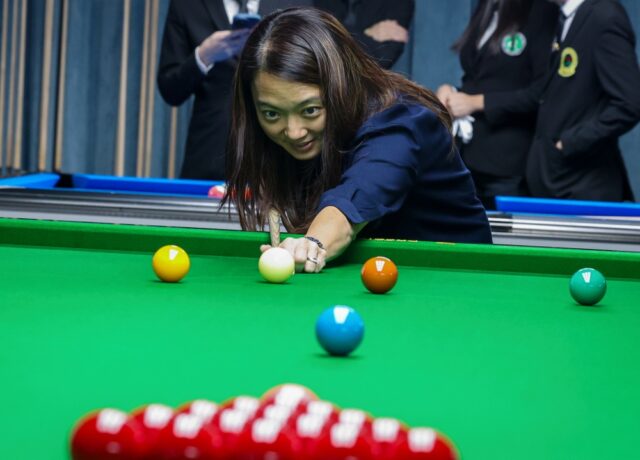KUALA LUMPUR, April 27 — The Youth and Sports Ministry (KBS) cannot use government funds to continue repairing and upgrading sports facilities on private land.
Its Minister, Hannah Yeoh said the ministry had stopped using public funds for the maintenance of non-government facilities, including futsal courts.
“Otherwise, everyone, land owners, neighbouring areas will all ask me to build futsal courts and pickleball courts…
“… now, I always answer I answer in Parliament that if we want to build (sports facilities), they must be on Federal Government land so that there is accessibility,” she told reporters after the closing ceremony of the Rakan Muda Convention here today.
She said that if sports facilities need to be built on land belonging to local authorities or state governments, it is important that an official agreement is obtained from them before beginning construction, while construction on private land has been stopped.
Hannah said this is because there had been cases where state governments refused to accept the sports facilities built, like swimming pools as the maintenance can be very costly.
Yesterday, Deputy Sports Minister Adam Adli Abdul Halim said the ministry had demolished 30 futsal courts, which were not properly maintained, nationwide since 2021.
He added that 20 courts in Peninsular Malaysia were demolished, costing RM11 million, while 10 were torn down in Sabah and Sarawak, involving losses amounting to RM1.4 million, mostly involving 1Malaysia futsal courts.
Meanwhile, Hannah said that the ministry is changing direction in addressing the mental health issues among youth, especially the use of vape and drug addiction.
She said that KBS, as a non-enforcement agency, would focus on creating a platform for youth to know where they can get assistance and treatment, including via online systems and collaboration with the Malaysian Aids Council.
These measures, she said, would enable youth to be more comfortable in seeking help and, thus, raise awareness of mental health programmes.
Earlier in her speech, Hannah also revealed that youth club membership in Malaysia is on the wane compared to the 1990s.
She said that back in the 90s, about four to five million youths, or about 50 per cent of the youth population, were active in youth clubs, thus facilitating the planning and organisation of programmes.
“However, with the emergence of smartphones and online services, interests in physical activities have waned. As of last year, only about a million youths are active in youth clubs, which is only about 10 per cent of the youth population, thus raising the question as to where are the other 90 per cent,” she said. — Bernama











